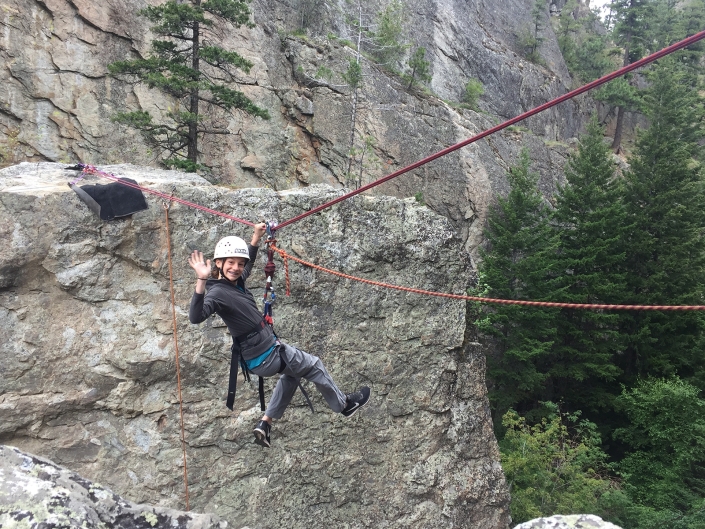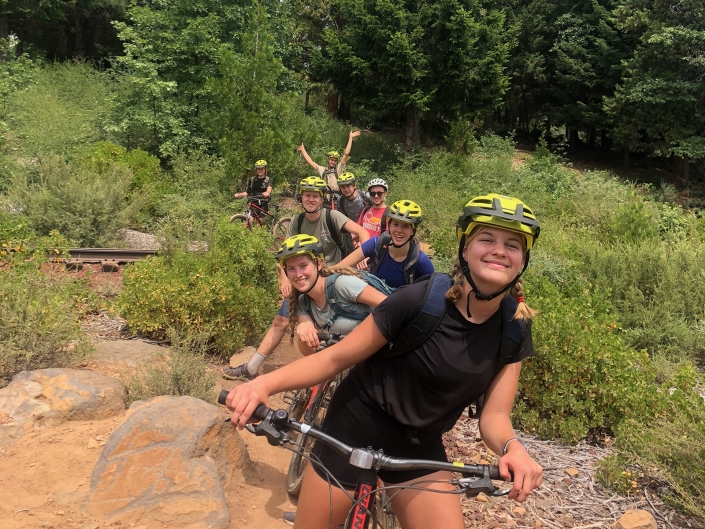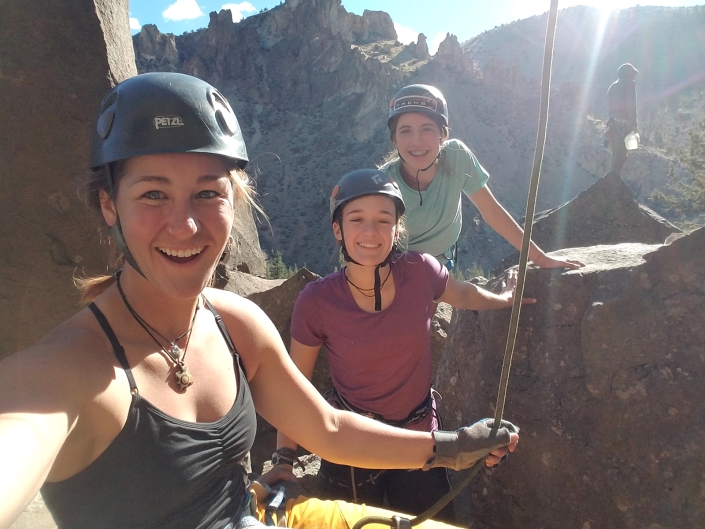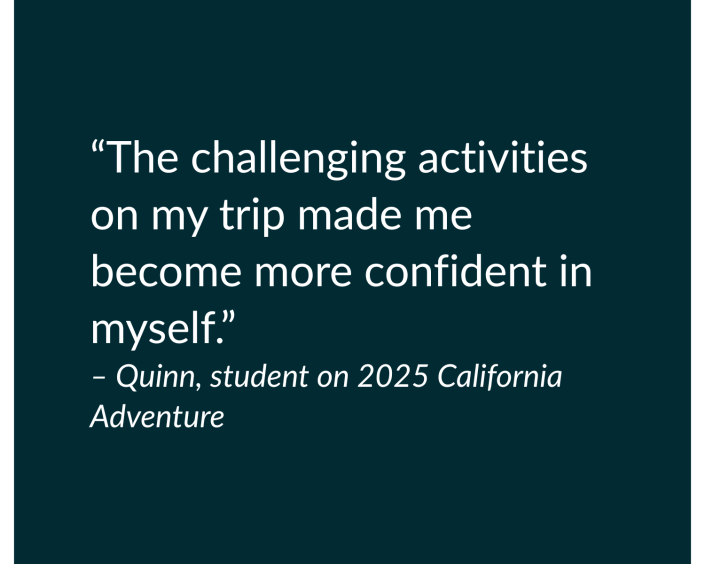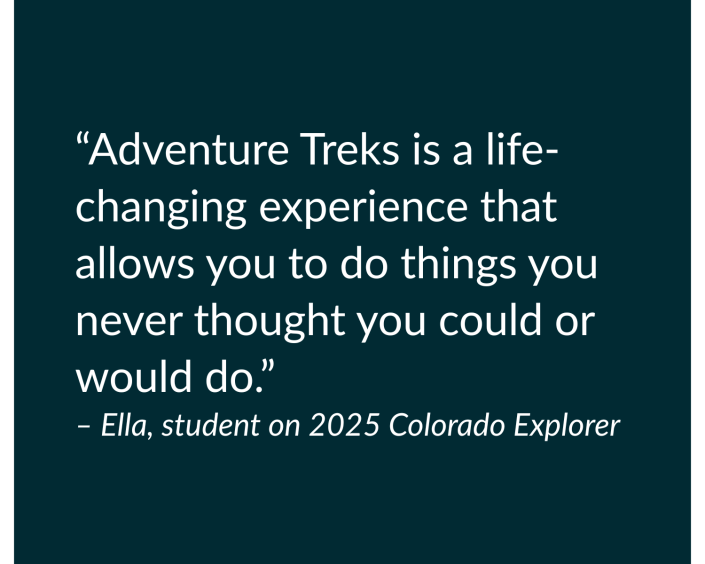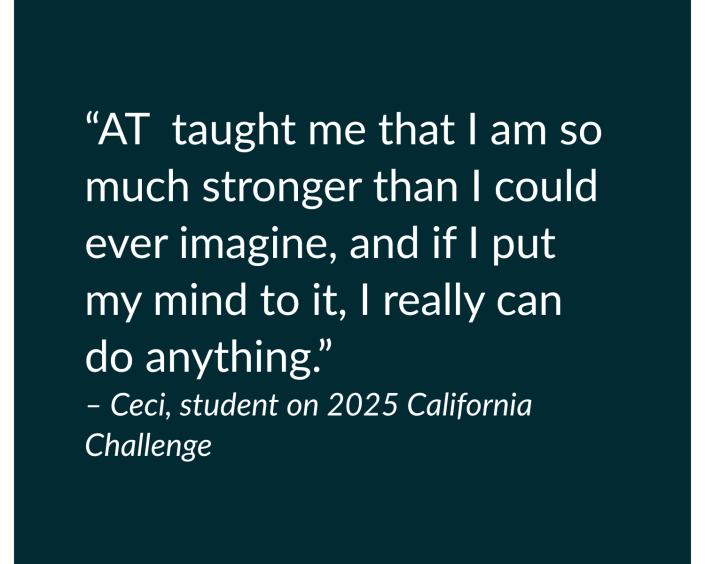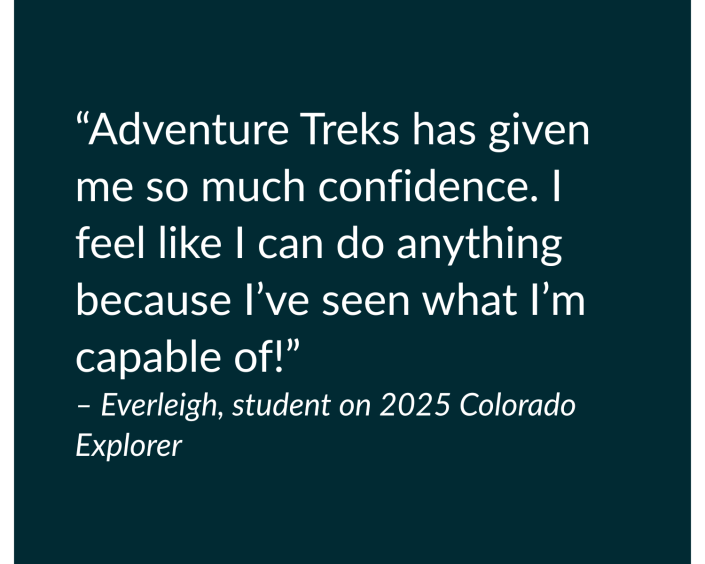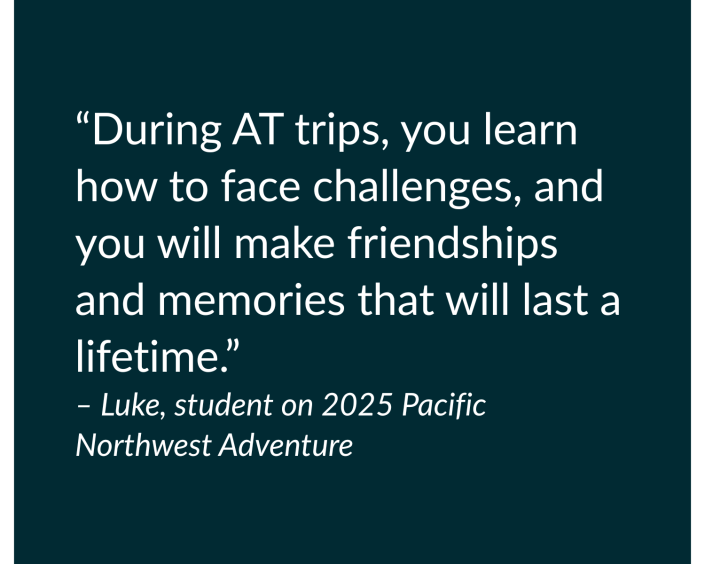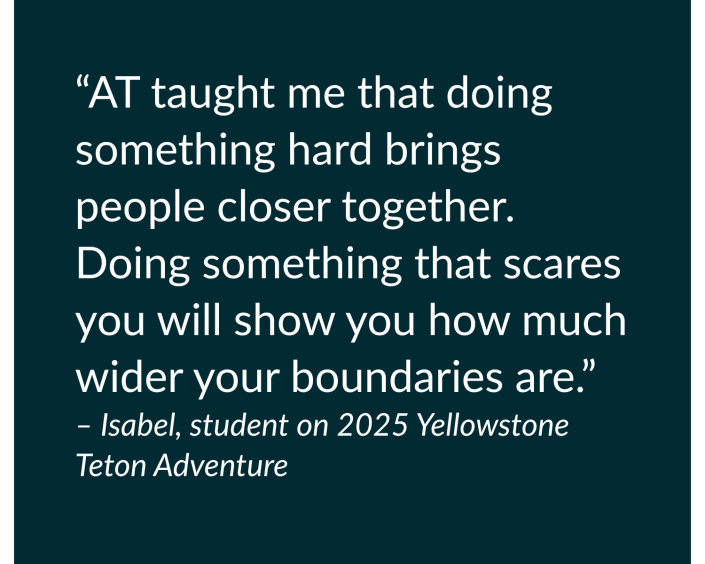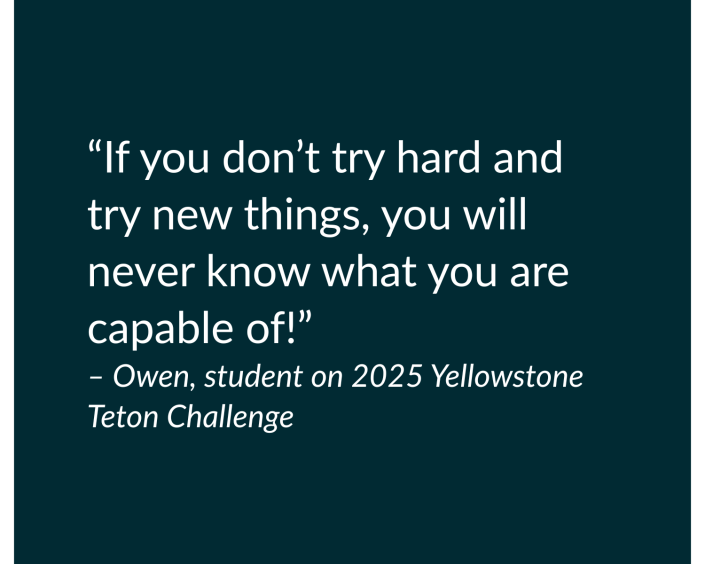And why teen summer camps are the perfect way to do it
More than ever, teens are feeling nervous and anxious about school, relationships, trying new things, and generally being uncomfortable. Many schools have responded by offering more accommodations to reduce stressors—like giving unlimited time on tests, extending deadlines, or excusing students from challenging projects and presentations.
While well intentioned, constantly shielding kids from discomfort can cause more long-term harm than good. Some educators and psychologists argue that when we regularly make things easier to “protect” kids from anxiety, we send two unintended messages:
- That the thing they’re anxious about is truly dangerous when it’s not (like public speaking or eating lunch in a crowded cafeteria), and
- And that we don’t think they can handle the challenge.
Letting kids avoid hard things teaches them to doubt their own abilities. That’s the wrong message—and it sets them up for greater anxiety down the road.
When we give kids an “out,” we are robbing them of the chance to learn, grow, and become more well-rounded, capable people. Avoidance is not the answer.
We all want the best for our kids—to see them grow up to be happy and healthy. And when we allow them to be uncomfortable, or even fail at first, they learn valuable, life-long lessons:
- That they can overcome challenges.
- That they are stronger and more capable than they thought.
- And that fear and anxiety often fade once we face them head-on.
What does this lead to? Greater confidence.





